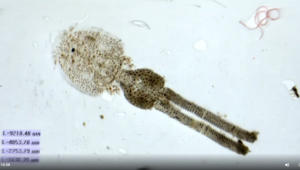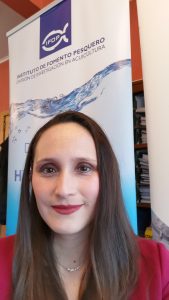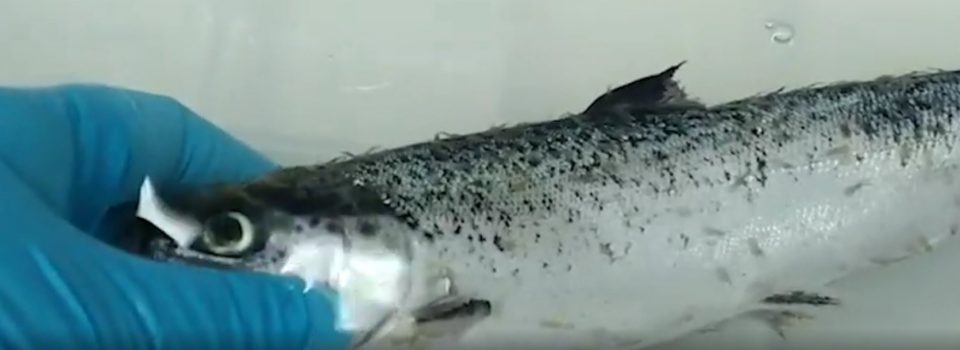“Surveillance of the resistance of Caligus rogercresseyi to antiparasitics applied in national salmon farming (Stage III)” Program Results.
September 29th, 2020
Caligus rogercresseyi is a marine ectoparasitic copepod that affects Chilean salmon farming. It parasitizes salmon’s skin, as well as several wild fish species, such as snook Eleginops maclovinus, the parasite natural reservoir, and silverside Odonthestes regia. The life cycle of C. rogercresseyi presents 8 development stages, 3 planktonic (free-life phase) and 5 parasites (the phase attached to the host). It causes negative effects to salmon farming from two main points of view, on one hand, it affects fish condition, decreasing carcass quality, causing weight loss, inducing stress, among others, and, on the other hand, it generates high economic costs due to antiparasitic treatments used for its control, among others. It is on this last point where Fisheries Development Institute has developed the Monitoring Caligus rogercresseyi resistance program to antiparasitics applied in national salmon farming with the aim of monitoring antiparasitics resistance in order to avoid excessive currently authorized products use or misuse.
This project is part of IFOP permanent strategic research programs developed for the State, in the search for a sustainable aquaculture activity development. It started in 2017 and recently just completed its third stage. However, there are two more stages (4 and 5) that are expected to end with a deadline of 2022. “The final objective is to establish a caligus resistance to antiparasitics surveillance program”

The program is directed by researcher, doctor in Aquaculture Sciences and marine biologist, Margarita González Gómez, who explained that “the program was created because it is known that, when treatments are applied, there are constantly parasites variations in terms of their sensitivity to drugs, with some appearing hypersensitive and others very resistant, for which it is necessary to increase dosage to have a good response ”. During this program, a series of studies and trials are carried out, despite complications caused by Covid-19 pandemic in recent months, which has made it difficult to visit cultivation centers.
Dr. Margarita González declared that progress could be made in terms of sampling, integrating new criteria for greater precision. Progress was also made in a simplified technique application for centers that are geographically very distant. This technique was standardized in IFOP for its use under certain conditions. The information criteria were also constantly revised, so that the data is fluid and traceable, and the report that is delivered to farming centers was modified, with the presentation of a third, friendlier version.
